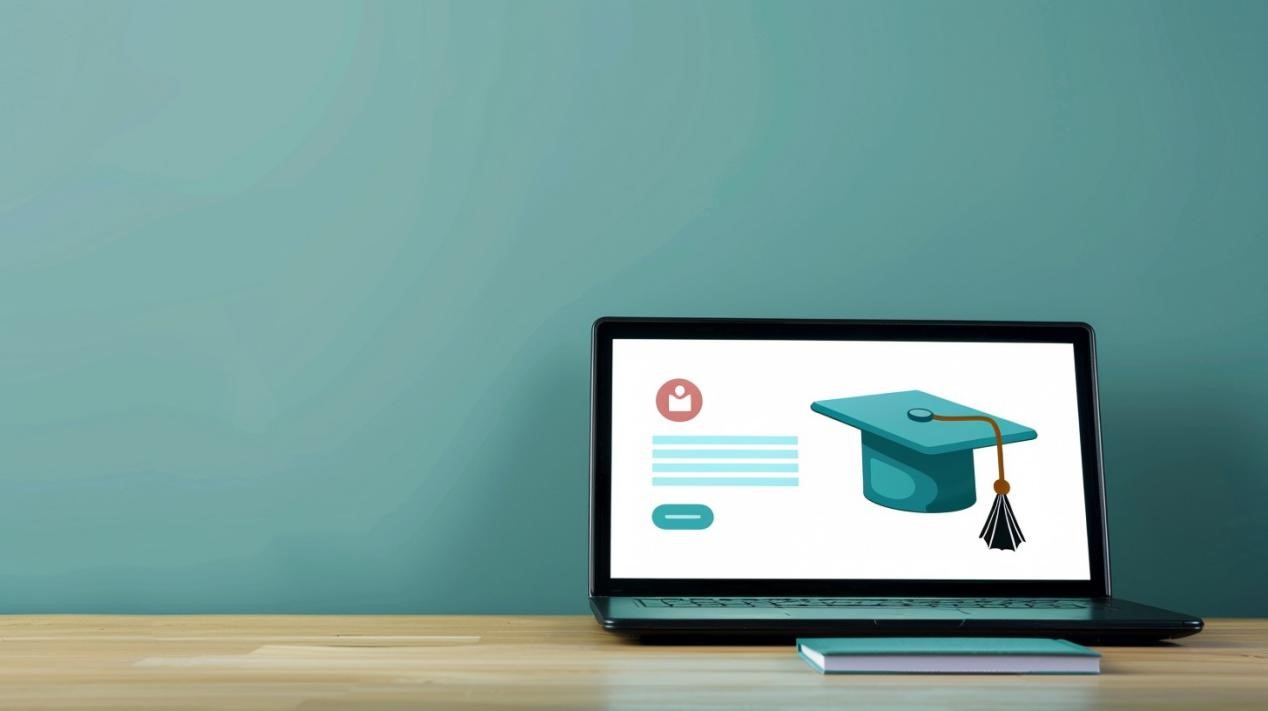Massive Open Online Courses (MOOCs) have had a profound impact on global education, providing learners worldwide with access to high-quality courses and fostering cross-cultural understanding. By bridging cultural and educational gaps, MOOCs are promoting international collaboration, knowledge exchange, and educational equity. This article explores the role of MOOCs in global education, highlighting their benefits, challenges, and future potential.
The Global Reach of MOOCs
MOOCs have expanded the reach of education beyond traditional geographic boundaries, offering courses from prestigious universities and institutions to learners around the world. Platforms like Coursera, edX, and FutureLearn have partnered with educational institutions globally to provide diverse and inclusive learning experiences.
Benefits of MOOCs for Global Education
1. Accessibility and Inclusivity: MOOCs provide access to quality education for learners worldwide, regardless of geographic location, socioeconomic status, or cultural background. This inclusivity promotes educational equity and empowers individuals to pursue lifelong learning.
2. Cultural Exchange and Understanding: MOOCs facilitate cross-cultural exchange and understanding by bringing together learners from diverse backgrounds. Discussion forums, peer assessments, and collaborative projects promote interaction, mutual respect, and appreciation of different perspectives.
3. Global Knowledge Sharing: MOOCs enable the sharing of knowledge and best practices across borders. Learners can access courses on global issues, innovative technologies, and emerging trends, enhancing their understanding of the world and contributing to global problem-solving.
4. Diverse Course Offerings: MOOCs cover a wide range of subjects, from STEM fields to arts and humanities. This diversity allows learners to explore new interests, acquire interdisciplinary knowledge, and gain insights into different cultures and disciplines.
5. Cost-Effective Education: Many MOOCs are offered for free or at a low cost, making higher education more affordable and accessible. This cost-effectiveness helps reduce financial barriers and supports lifelong learning for individuals worldwide.
Challenges of MOOCs in Global Education
1. Digital Divide: Despite the accessibility of MOOCs, the digital divide remains a barrier for some learners, particularly in remote or underserved areas. Limited internet access, technological resources, and digital literacy can hinder participation and learning.
2. Quality Assurance: Ensuring the quality and rigor of MOOC content is a challenge. Universities and institutions must maintain high standards for course design, instruction, and assessment to ensure meaningful learning outcomes.
3. Engagement and Retention: High dropout rates are a common issue in MOOCs. Keeping learners engaged and motivated to complete courses requires innovative instructional strategies, interactive elements, and ongoing support.
4. Recognition and Credibility: Ensuring that MOOC certificates and credentials are recognized and valued by employers and educational institutions is crucial. Building credibility and establishing industry-wide recognition for MOOC qualifications is essential.
Future Potential of MOOCs in Global Education
The future of MOOCs in global education holds great promise, with several key trends and innovations shaping their evolution:
1. Global Educational Partnerships: Expanding global educational partnerships between universities, organizations, and governments can enhance the reach, quality, and impact of MOOCs. Such collaborations can promote cross-cultural understanding and international educational exchange.
2. Personalized Learning Experiences: Advances in artificial intelligence and data analytics can enable personalized learning experiences, tailoring course content and recommendations to individual learners’ needs, preferences, and progress.
3. Hybrid Learning Models: Integrating MOOCs with traditional classroom instruction to create hybrid learning models can enhance the learning experience. This approach combines the flexibility of online learning with the personal interaction of in-person education.
4. Micro-Credentials and Badges: The rise of micro-credentials and digital badges allows learners to earn recognition for specific skills and competencies. These credentials can be stacked to build comprehensive qualifications, enhancing employability and career prospects.
5. Focus on Global Issues: Offering MOOCs on global issues such as climate change, public health, and sustainable development can promote awareness and understanding of critical challenges facing the world. These courses can inspire learners to take action and contribute to global solutions.
MOOCs have significantly impacted global education by providing accessible, inclusive, and diverse learning opportunities. While challenges such as the digital divide, quality assurance, and engagement persist, the future of MOOCs in global education is bright. By embracing global partnerships, personalized learning, hybrid models, and a focus on global issues, MOOCs can continue to bridge cultural and educational gaps, promoting international collaboration and educational equity for learners worldwide.




